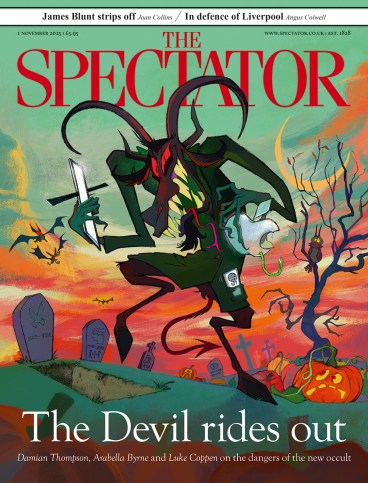
Are you a survivor? We are not, luckily, all Gloria Gaynors. She declared in 1979: ‘I’ve got all my life to live, and I’ve got all my love to give/ And I will survive.’ She has so far made good on her promise.
Surviving afflictions unscathed is not always an unmixed virtue. ‘She would be earning a good living somewhere… The Mary Taylors of the world were natural survivors,’ wrote P.D. James in Shroud for a Nightingale in 1971. Now, even a new biography of Margaret Beaufort (1443-1509) is subtitled Survivor, Rebel, Kingmaker. But what of those poor people who have gone through the misery of child sexual ‘grooming’? Are they victims or survivors? Or should they be neither?
Last week, after he withdrew his name for consideration as the chair of the national grooming inquiry, the thoughtful retired policeman Jim Gamble made a comment using both terms: ‘The police have understandably lost the trust of victims and survivors because some were corrupt.’
In 2021, this sense of survivor was noticed by the OED as: ‘A person who has experienced a traumatic event or past abuse, especially of a sexual or psychological nature.’ In 1975 there was an example in the Los Angeles Free Press: ‘Welcome all survivors of rape, child molestation, welfare lines, botched abortions, unemployment and typing pools.’ There’s bathos in ‘typing pools’, oppressive as they might have been. As for victim, in the sense of ‘a person who has been intentionally harmed, injured, or killed’, the OED notes that ‘in some contexts survivor is now used in preference to victim’. Yet since 2004 a Victims’ Commissioner has been set up in law. She takes notice only of victims of crime. There has been a recent trend to turn misfortune into victimhood, as in the #MeToo and Black Lives Matter campaigns. Donald Trump presents his prosecutions as evidence of his victimhood, but when a bullet nicks his ear, he is a survivor.






Comments